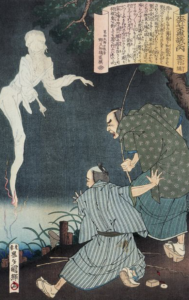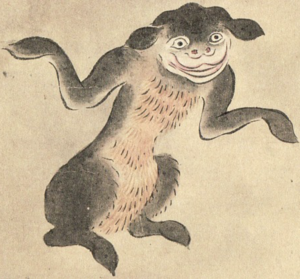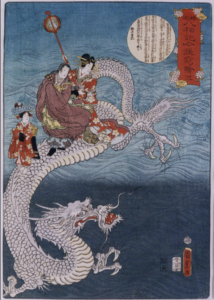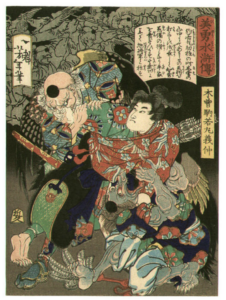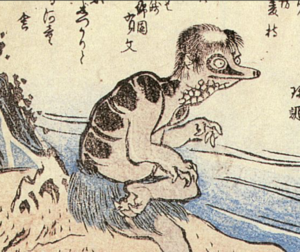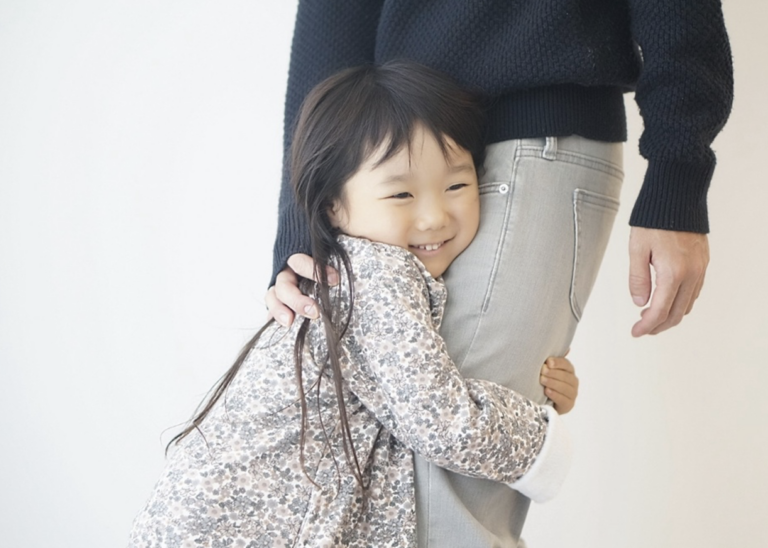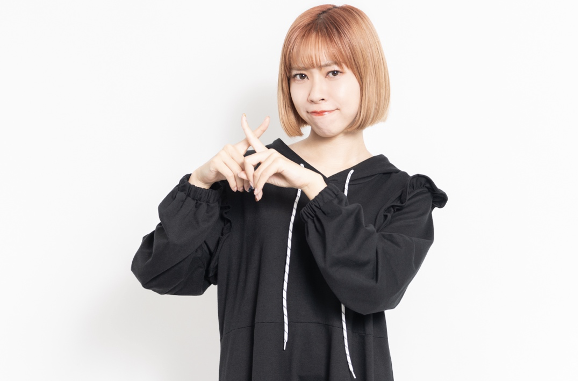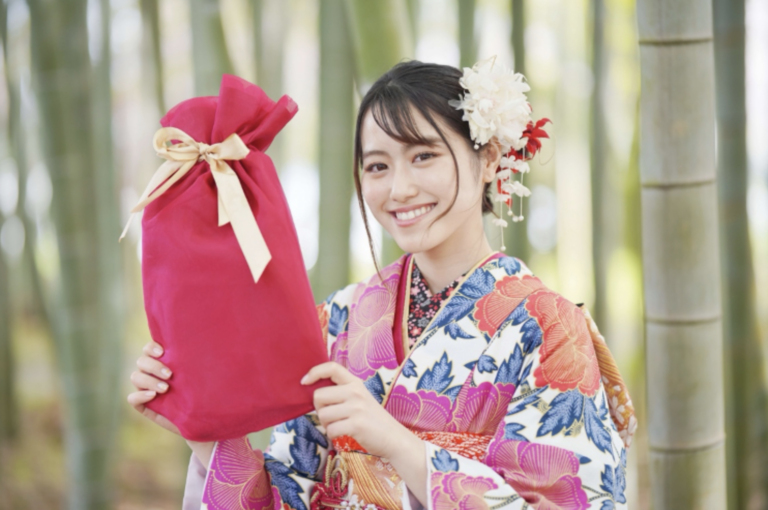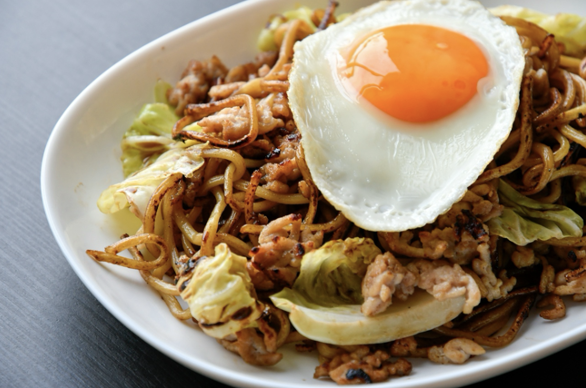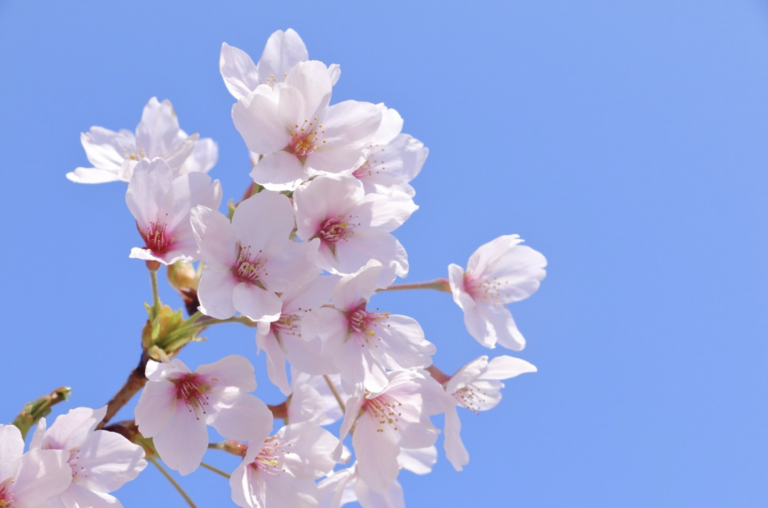“Yōkai” (strange apparitions) are hidden within the Japanese language. You may be using the words too.
Hello, Japanese language learners! Did you know that there are names of yōkai lurking within the Japanese language that you regularly use?
I would like to introduce some words derived from yōkai, that even Japanese people do not know.
It’s a bit of an old-fashioned way of using the word, but people in their 40s or so might be using it. When one person is left behind among a group of people on the way somewhere, we say “oitekebori”. This word is derived from “okiyobori,” which is a yōkai.
It is said that there was a moat in Edo (present-day Tokyo) called Honjo, near present-day Sumida Ward, where fish could easily be caught. When fish were caught, this strange yōkai would say “Oite-kee, oite-kee”, which means “leave me alone”.
The phenomenon of a loud voice on top of a mountain echoing back is called “yamabiko”. This is the word derivation of the yōkai “yamabiko,”
People in the past must have thought it was the work of yōkai, because hearing their own voices echo must have seemed like a strange phenomenon.
Touching the Gekirin
A boss who is usually kind becomes furious at the slightest incident. This is called “gyakureki ni fureru” (“to touch the scales”). Gyaku-kei” in this phrase refers to the scales that grow under the jaw of a dragon. However, only at this particular place, the scales seem to grow in the opposite direction, hence the word “gyaku”, meaning “opposing”.
Dragons are usually gentle and do not harm people, but for some reason they do not like to be touched under the jaw and will get so angry that they will kill the person who touches them.
If you see a dragon, do not stroke it like a cat. It’s not like you’ll meet one though is it.
“Hana ga takai” (to be proud)
We say “hana ga takai” (lit: have a long nose) when we feel proud of something or someone. The word is derived from “tengu,” a mountain-dwelling yōkai. The tengu has wings, flies in the sky, and has a long nose.
The phrase “tengu ni naru” (lit: to become a tengu) has a similar meaning to “hana ga takai,” and refers to a person who is too proud of themselves.
Whether or not the tengu was so proud of himself is a mystery, however.
Kappa are yōkai that live in rivers. They are bad creatures who drag away children playing in the river into the water, but because they live in the river, they are good swimmers.
The story goes that even a kappa sometimes drowns and gets swept away. In other words, it means that even professionals sometimes make mistakes. The best swimmers are fish, but do fish also drown?
Japanese people use these words without much knowledge of their etymology.
If you master them, you may be one step closer to becoming a master of the Japanese language.
ABE KENGO


